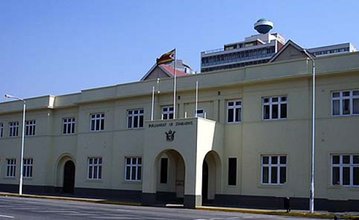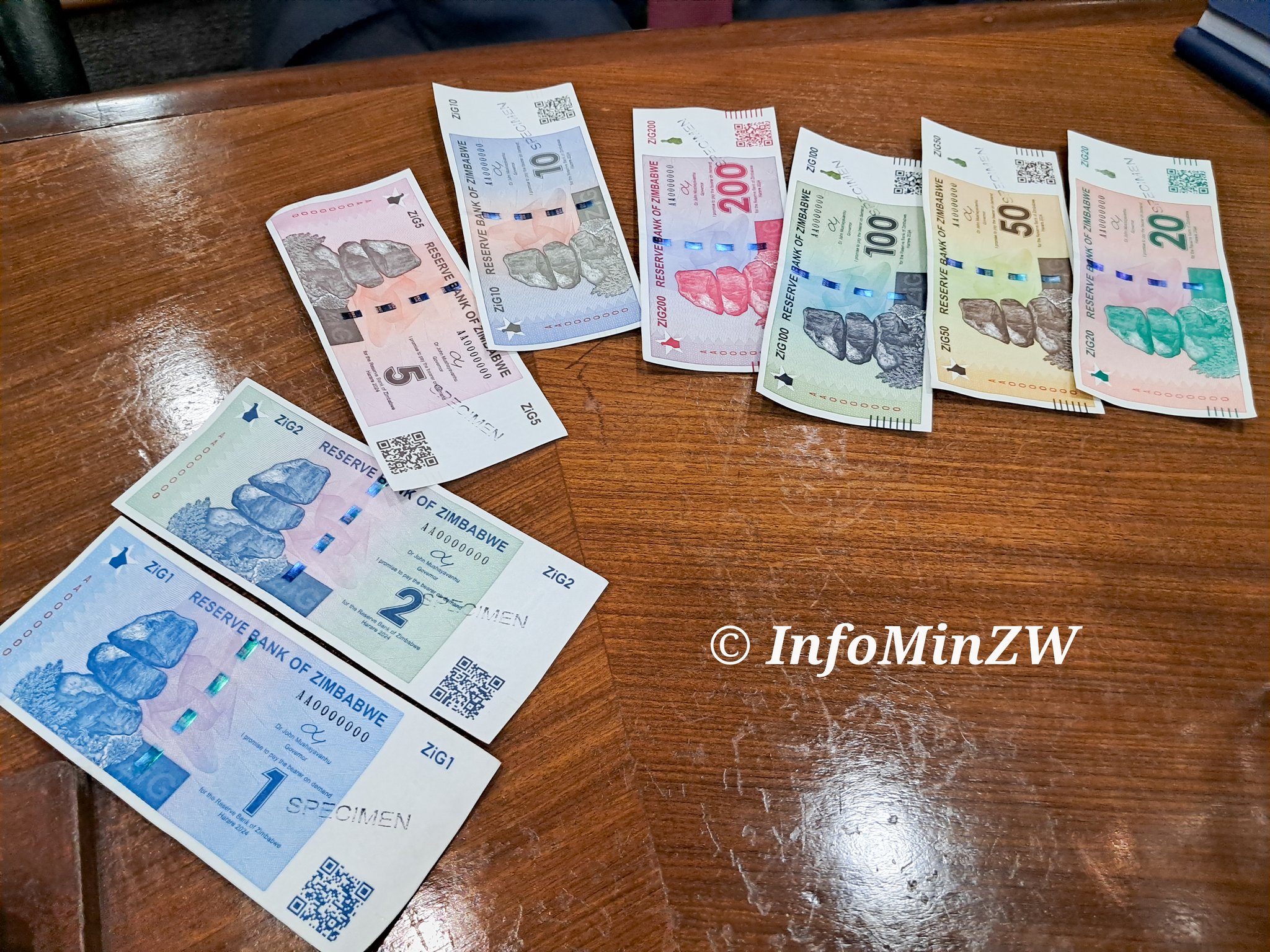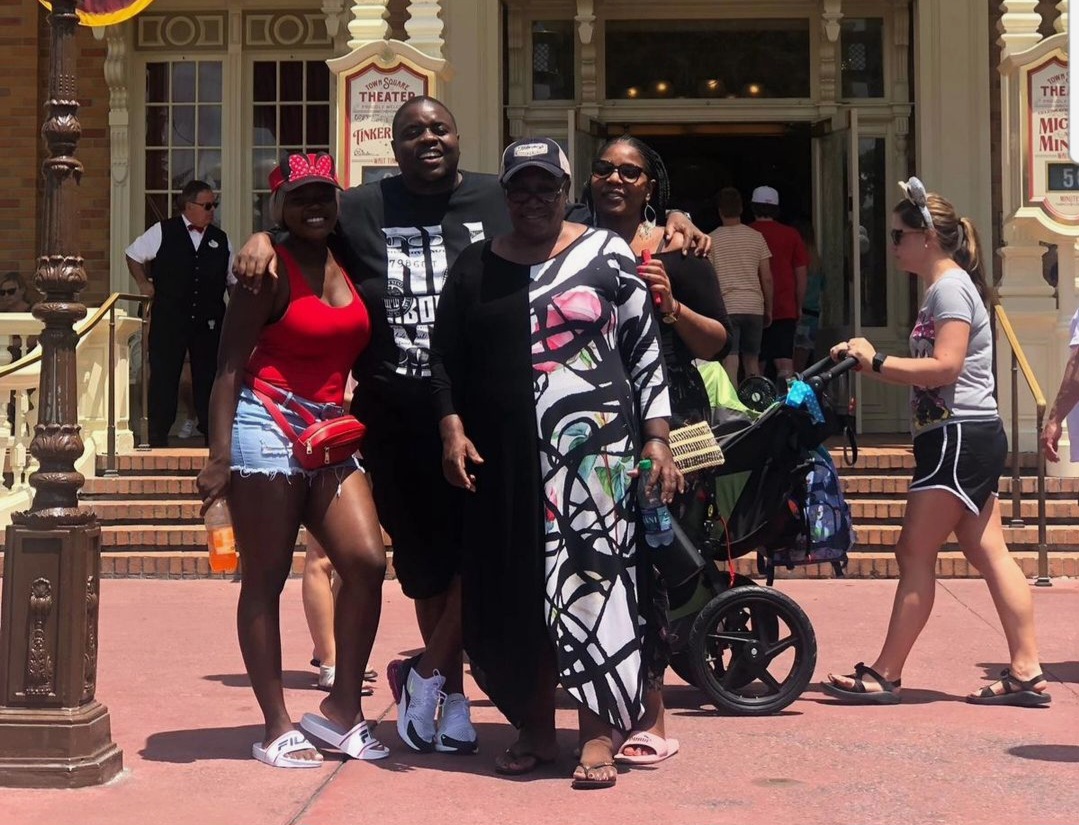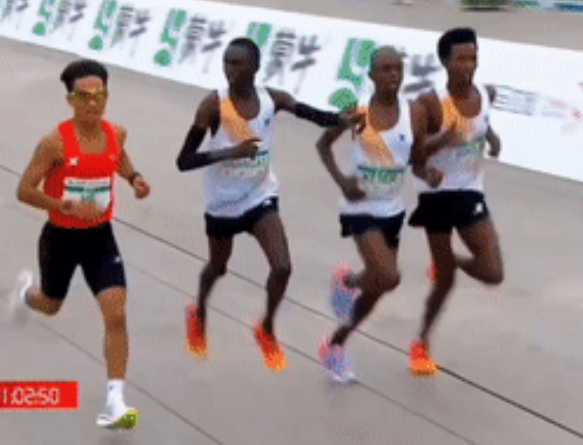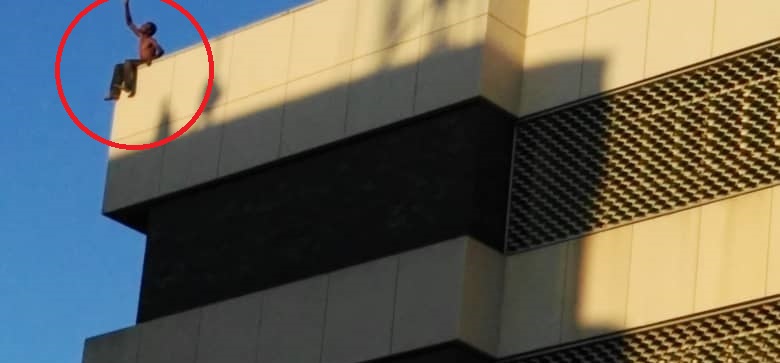The interviews for the National Peace and Reconciliation Commission (NPRC) commissioners have commenced in the National Assembly Chamber at the Parliament Building.
Among those who have already been interviewed include Elizabeth Mandiwona Elizabeth who is the only candidate interviewed virtually.
Dr Gorden Chekenyere who was a Commissioner with the former Commission has also been interviewed with one of the experts at the interviews asking for performance appraisals for the former Commissioners.
At least 29 candidates are expected to be interviewed at todays NPRC public interviews and of these candidates 12 are female whilst 17 are male.
Meanwhile, another candidate expected to be interviewed by the panel is former MDC senior official, Obert Gutu who recently joined ZANU-PF and if successful and if he gets appointed he will have to resign from the party.
The NPRC was constituted in accordance to the Constitution of Zimbabwe Amendment (No.20) Act 2013 and the National Peace and Reconciliation Act Chapter 10:32 of 2018.
The establishment of the NPRC is out of the realisation of the social and political will and aspiration of Zimbabweans to transition from a conflictual past to a harmonious future.
It is one of the Chapter 12 independent commissions mandated to support and entrench human rights and democracy; to protect the sovereignty and interests of the people; to promote constitutionalism; to promote transparency and accountability in public institutions; to secure the observance of democratic values and principles by the State and all institutions and agencies of government and government controlled entities; and to ensure that injustices are remedied.
The NPRC is a mechanism for resolving the burdens of the past violent conflicts like the Gukurahundi killings and build national and sub-national capacities that guarantee a future of peace and reconciliation.
It is mandated to ensure post-conflict justice, healing and reconciliation by encouraging truth-telling, the making of amends, the provision of justice and rehabilitative treatment.
The Commission will also conciliate and mediate disputes when they arise and put in place institutional frameworks and mechanisms for preventing the recurrence of violent conflicts in the future.
-Zwnews

